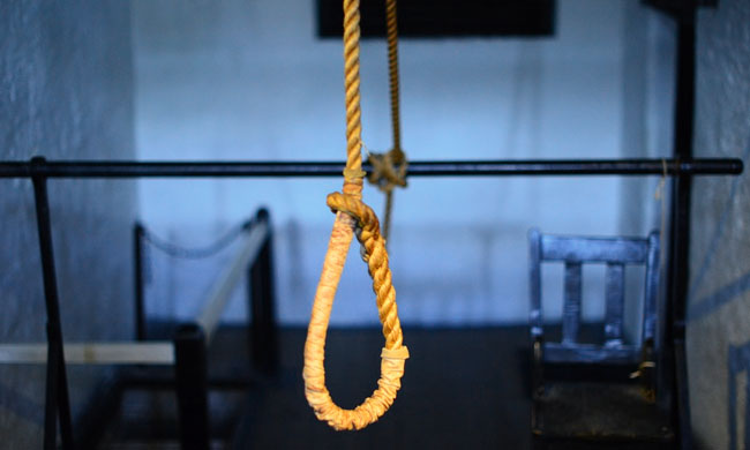'Rape And Murder' Tops The List Of Cases Where Death Penalty Was Awarded In India : Project39 (NLU-D) Report
AKSHITA SAXENA
18 Jan 2020 5:29 PM IST

"Murder involving sexual offences comprised the majority of death sentences imposed by sessions court, and confirmations of death sentences by the High Court and Supreme Court. The proportion of death sentences for sexual offences by sessions courts has been steadily increasing since 2016"
Next Story


